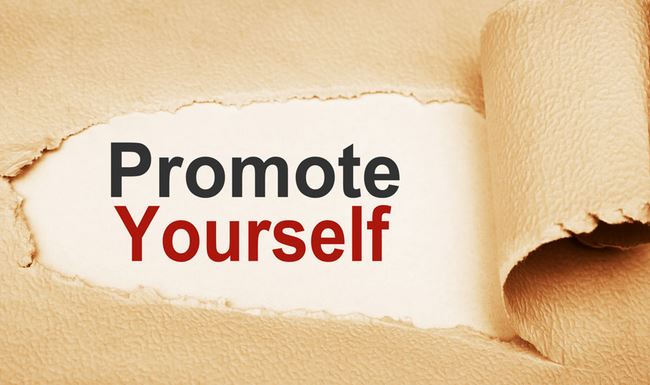 By
Hustle Team |
By
Hustle Team |
Shameless self-promotion, humble bragging, tooting your own horn - these phrases leave a bad taste in the mouths of many people. And while acknowledged as one of the most important elements of
building visibility, self-promotion is accompanied by so many nuances that it can be a landmine to navigate. One of the most prevalent is the cultural connotations, which in this day and age of multicultural workplaces, is hard to avoid.According to research done by Andy Molinsky, a specialist in International Management, in many cultures, even the ones that share a common language, American-style self-promotion is perceived as taboo. In many cultures including China, India and Korea, modesty, composure and self-control are more valued. This view resonates more with Kenya and by extension Africa. How many times growing up did we hear about the value of modesty, humility and the ills of bragging or being seen to overreach? Recall the famous Kiswahili proverb - chema chajiuza, kibaya chajitembeza (a good thing sells itself, a bad thing advertises)? Basically, what we are taught growing up is if you need to advertise or promote yourself, there must be something defective or wrong with you. So, how do you master self-promotion in a way that leaves you feeling empowered instead of like you just committed a professional faux-pas?
What do you want them to remember?
If you view self-promotion as smarmy or phony, you will never be able to effectively gain the visibility you are seeking. Speaking to a person or group of people and leaving them with a positive impression of yourself and your skills is a learned skill, not something that comes naturally. Therefore, you will need to prepare what to say and how to say it when the opportunity presents itself. The main question to ask yourself is — what do you want the person you are speaking with to remember about you?
If you want to talk about the promotion that you recently got and someone asks you what you have been up to lately, don’t just say that you have a new role. Instead, say ‘I recently got promoted into a new exciting role and one of the projects I am most looking forward to is delivering xyz for my organisation’ or ‘leading my team in an exciting endeavor that focuses on xyz’. That way if the person is interested in hearing more about what you’re involved in they will follow up with a question, and you will not come off as boring or loving the sound of your voice.
Build a self-promotion network
There’s nothing as effective as having other people speaking on your behalf and touting your finer qualities. This requires two skills — masteriwng how to ask powerfully and demonstrating your strong suits by collaborating on strategic projects with your colleagues. Ann Mah, a consultant and past president of a Kansan Business Association observes that effective networks are simply mutual obligations between people. If someone, in or out of the workplace is struggling with getting a connection or a decision made, find out if there is anyone in your circles who can assist. By banking some favours this way, it makes it easier to approach this person with an ask whether it is to make a referral in their own circles or if they come across an organisation looking for your set of competencies. However, referrals do not automatically happen - be brave enough to make a clear ask.
Know your strengths
The reason self-promotion appears smarmy is when it does not feel authentic or honest. Personal branding, on the other hand, is when accompanied by an honest, self-assessment of your skills and what you bring to the table. Do you have a clear picture of how you can contribute? Do you know where you excel, where you don’t and the real value you can offer others? If you don’t have clarity, have a conversation with a few people in your circle that you trust. These should include a present or previous boss, one or two colleagues that you work with and a few people who interact with you in professional circles. Ask them the question ‘How do you perceive me as a professional, what am I good at and what could I improve on?’ This ensures you get a balanced perspective. In many cases, they will tell you what you already know about yourself, but hearing it from someone else may consolidate it so it feels genuine when speaking with other people.




No comments :
Post a Comment